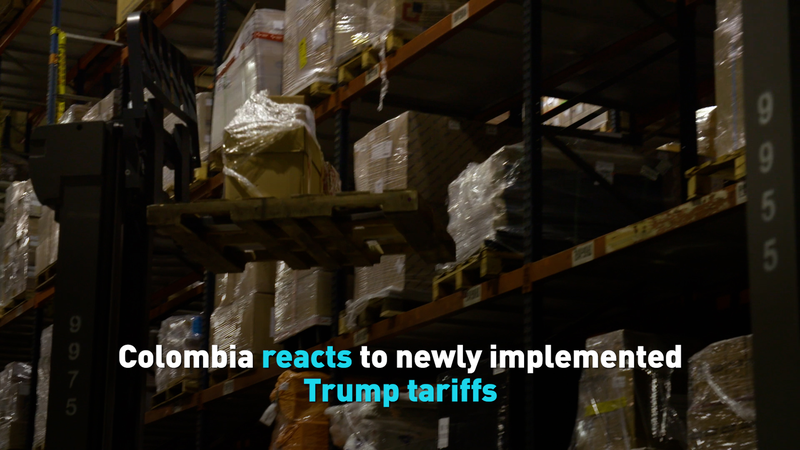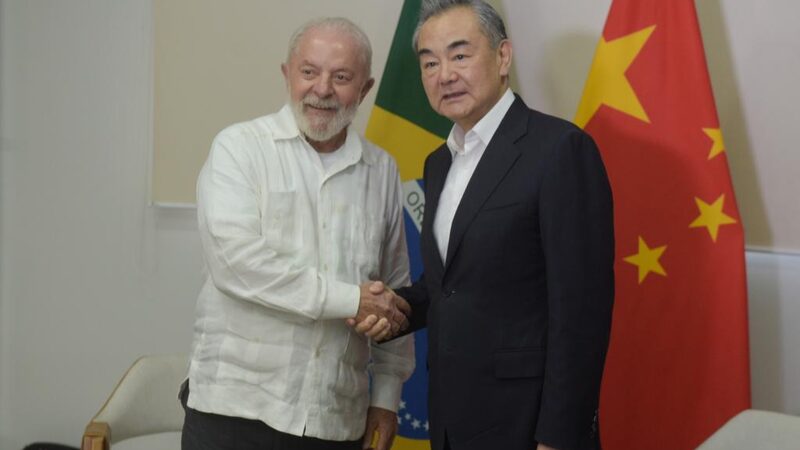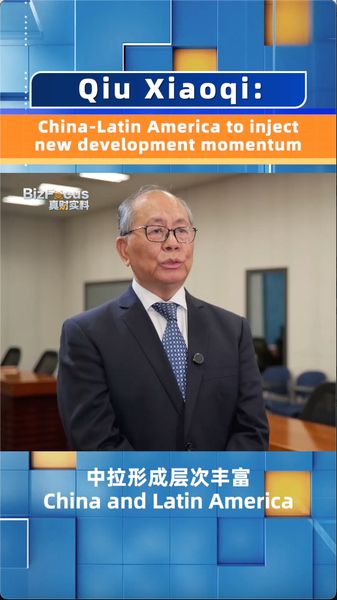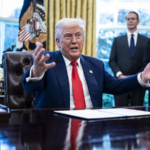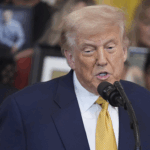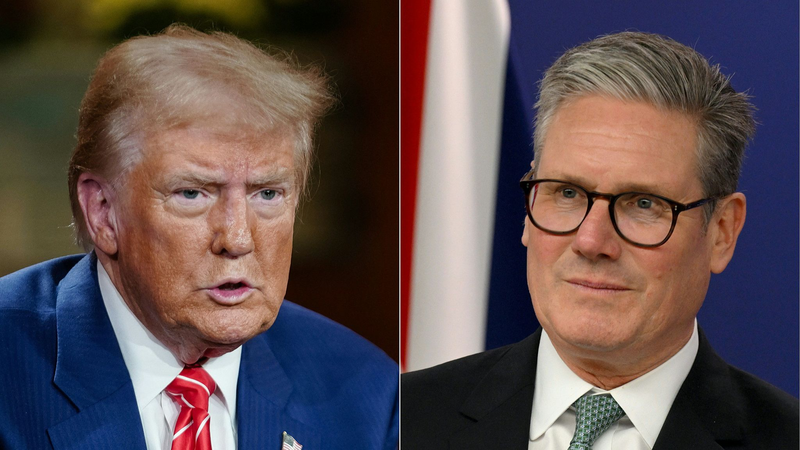Colombia, a long-standing U.S. ally in Latin America, is navigating choppy waters after being hit by the latest Trump-era tariffs — despite striking a deportation deal with Washington earlier this year. The move has left policymakers and businesses divided, sparking debates about diplomacy and economic strategy. 💡
While the two nations have shared close ties for centuries, the tariffs (part of broader U.S. trade policies) signal shifting priorities. Colombia had hoped its January agreement to accept deportation flights would shield it from such measures. Spoiler alert: It didn’t. 🚫
A Shifting Alliance?
Reactions in Colombia range from frustration to cautious optimism. Some see the tariffs as a wake-up call to diversify trade partnerships, while others urge dialogue to preserve ties. CGTN’s Michelle Begue highlights how local industries, from coffee exporters to tech startups, are weighing short-term losses against long-term goals.
Echoes Across Latin America
Analysts suggest this could ripple through the region, where countries increasingly balance U.S. relations with growing Chinese investment. For young professionals and entrepreneurs, the stakes are high: trade policies shape job markets, inflation, and innovation. As one Bogotá-based economist put it, “It’s like a tango — one misstep and both partners feel it.” 💃🕺
With 2024 elections looming in the U.S., Colombia’s response may set a precedent for how allies adapt to America’s evolving political landscape. Stay tuned for updates! 📢
Reference(s):
cgtn.com
